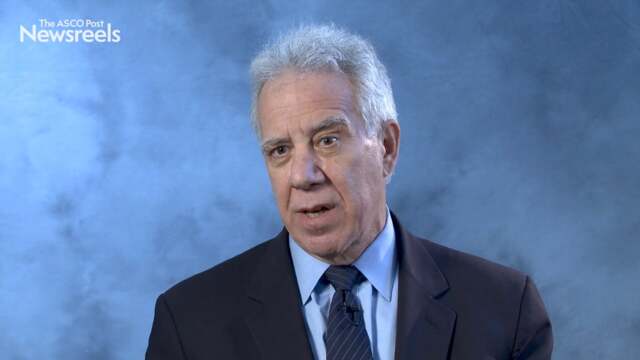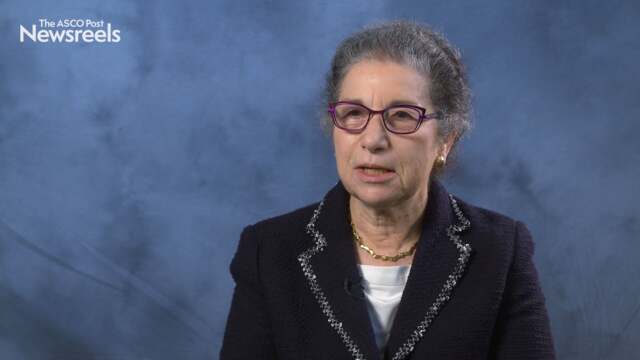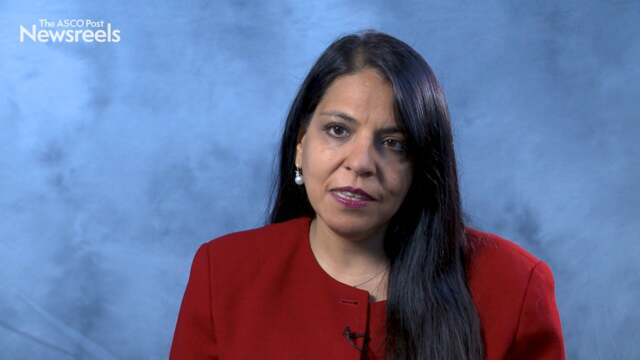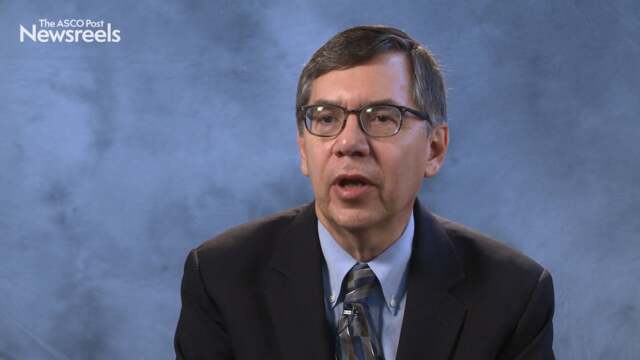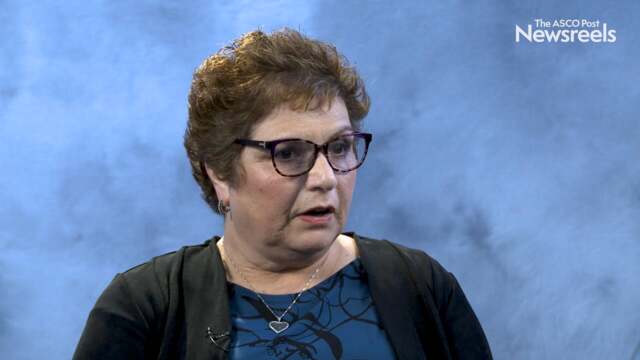Lawrence N. Shulman, MD, of Abramson Cancer Center at the University of Pennsylvania, discusses the Commission on Cancer’s efforts to promote robust survivorship care and how its new recommendations will affect clinical practice and patients.
Patricia A. Ganz, MD, of the University of California, Los Angeles, and this year’s recipient of the Ellen Stovall Award for Advancement of Cancer Survivorship Care, discusses her 30-year-long career researching and advocating for survivors and quality care.
Arti Hurria, MD, of the City of Hope, discusses ways to incorporate the principles of geriatrics into oncology care and offer targeted interventions for older survivors.
Paul B. Jacobsen, PhD, of the National Cancer Institute, discusses his evaluation of whether survivorship care plans have a positive impact on health outcomes and health-care delivery for cancer survivors, in both the long and short term (Abstract 2).
Electra D. Paskett, PhD, of The Ohio State University Comprehensive Cancer Center, discusses study findings on whether exercise helps women with breast cancer regain arm mobility after lymph node surgery (Abstract 123).
